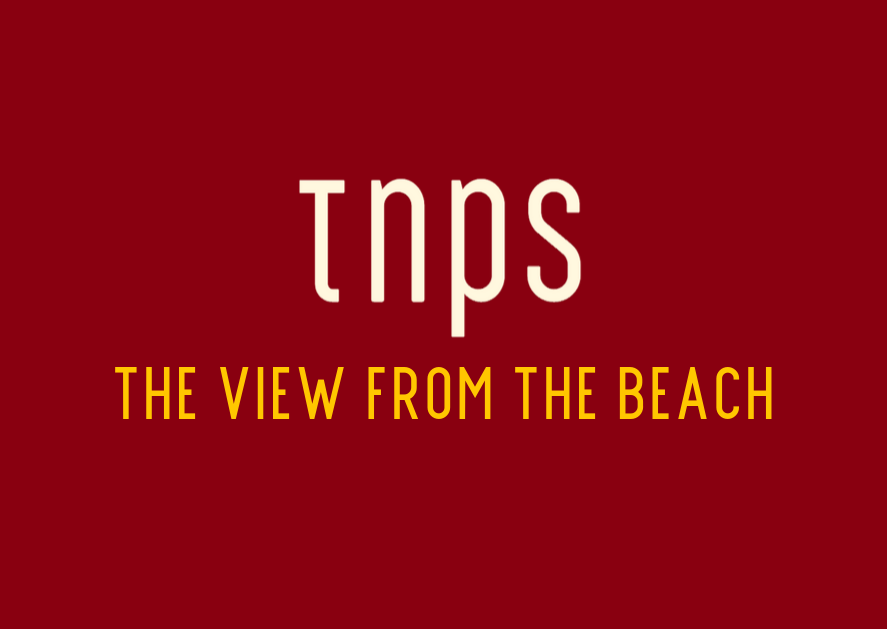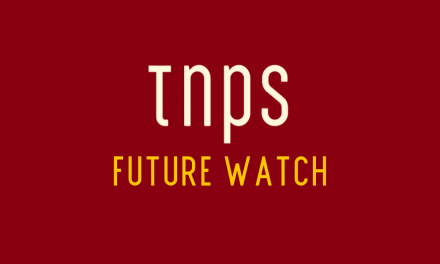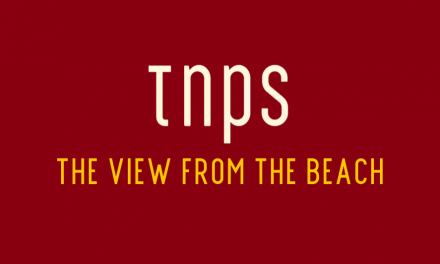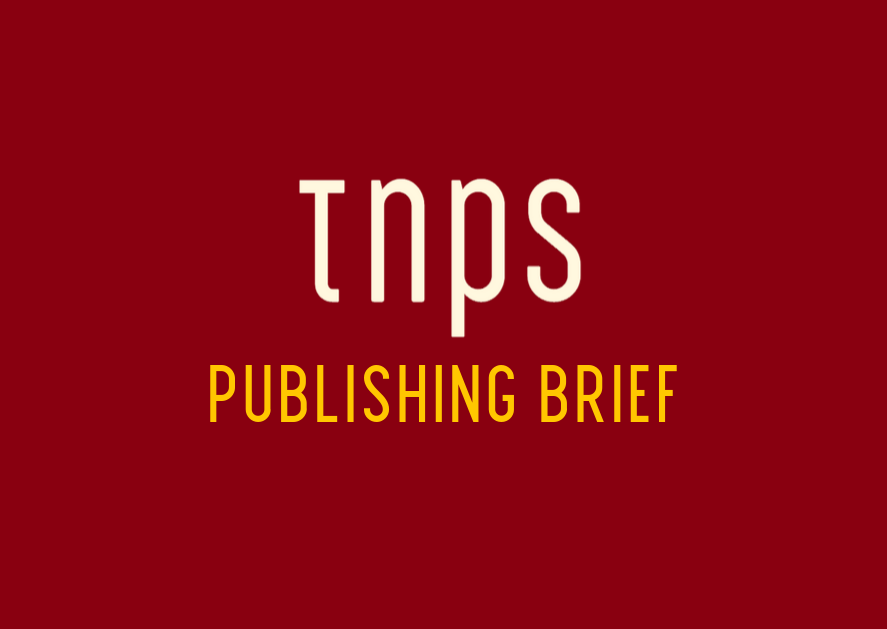The SoA believes they have such a strong legal case that they have, after several months choosing the right words, written to the tech companies with a seven day ultimatum (one hundred and eleven days to write the letter, seven days to comply – hey, that’s fair!) to acknowledge receipt.
Chief Luddite Nicola Solomon may have gone, but the UK’s “writers trade union”, the Society of Authors, is still playing the same tune, but this time with a time lag. It would be embarrassing were it not to funny,
So the latest sound-bites shenanigans from the Society of Quill and Parchment Writers come in the form of a letter the SoA has written to Microsoft, Google, OpenAI, Apple and Meta, among others, on behalf of 12,000 members, posted August 21, making clear it does not “authorise or otherwise grant permission for the use of any of (its) copyright-protected works” for the “training, development and operation of generative AI systems” and that such heinous acts are “plainly against UK law as well as international copyright regulations.”
The SoA believes they have such a strong legal case that they have, after several months choosing the right words (the decision to write this letter was taken at an extraordinary general meeting on 2nd May), written to the tech companies with a seven day ultimatum (one hundred and eleven days to write the letter, seven days to comply – hey, that’s fair!) to acknowledge receipt.
Or what, SoA? Will you hold another EGM to decide to write them a reminder?
But the seven days is just for the acknowledgement. The SoA has very generously given the tech companies twenty-one days to provide a “substantive response.”
Again, the penalties the SoA will exact on day 22 for failing to comply are not spelled out, but my guess is this would necessitate another EGM and lots of gnashing of teeth and hair-pulling, followed by a decision to wait a few months then write again.
The SoA has made clear to these nasty corporate types that, quote, “a significant number of copyright-protected works” have been used by the AI companies for training etc, and the authors have not been remunerated, nor were they asked for permission.
Unfortunately the SoA appears to not actually know which copyright-protected works were used, and – don’t laugh – it wants the AI companies to tell them.
“On behalf of our members,” the SoA writes in its 111-days-to-write letter, “we therefore request that you … identify the works which have been used to date to develop your AI model” and “undertake that, on request (whether general or in relation to a specific work), you will remove any work which has been used.”
You can just imagine the scene in Scotland Yard in the next episode of CSI-AI: London.
“We know these people are committing crimes left right and centre. We just don’t know what those crimes are. So we’re going to write to all the gangs in London and give them 7 days to acknowledge receipt and 21 days to tell us all the banks they’ve robbed and the names of all the old ladies they’ve mugged. Sarge, you start working on the letter now and we can send it out in time for Christmas – that’s a little more than 111 days away – so we all look tough on crime and tough on the causes of crime, even though we don’t have a clue which crimes have actually been committed.”
If I were an AI company CEO and had five minutes spare to deal with this nonsense, I’d fire off a quick response explaining that the detail of “the works which have been used to date to develop (our) AI model” is commercially sensitive information, but we do know we used several works by a Mr. Dickens, and some plays by a Mr. Shakespeare. If you have reason to believe there are others, we will be happy to receive from you, within 21 days, of course, full details of all the books/authors the SoA knows have been used/aggrieved, along with contact details for each author so we the company can, as the SoA makes clear is its desire, deal fairly with each author concerned.
Let me just end here by noting that, of course, copyright infringement is a serious issue, and at some point at least one or two of these myriad legal actions against AI companies may result in an actual legal win for a handful of creatives, where they can prove to legal standards that a) crime has been committed and b) that they were the victims.
But clearly, when the SoA has to ask the accused to provide evidence against itself because the accuser doesn’t actually have any, then these tough-guy soundbites from the SoA are as meaningless as back when Nicola Solomon was leading the Luddite charge.
This post first appeared in the TNPS LinkedIn newsletter.





